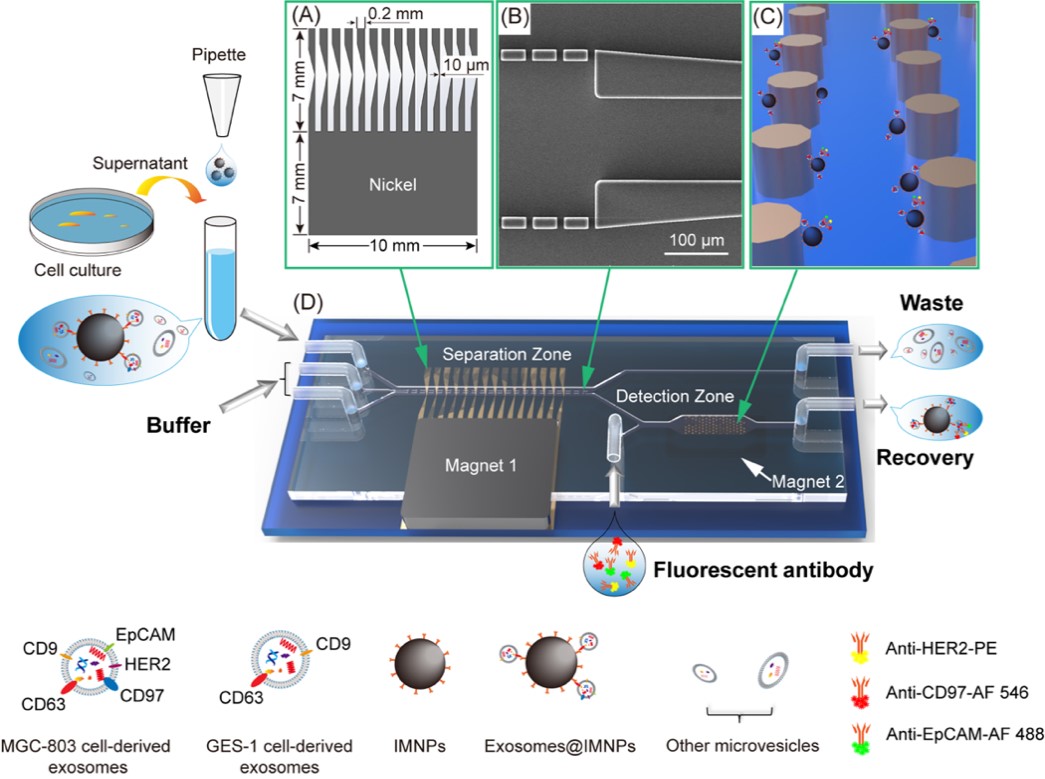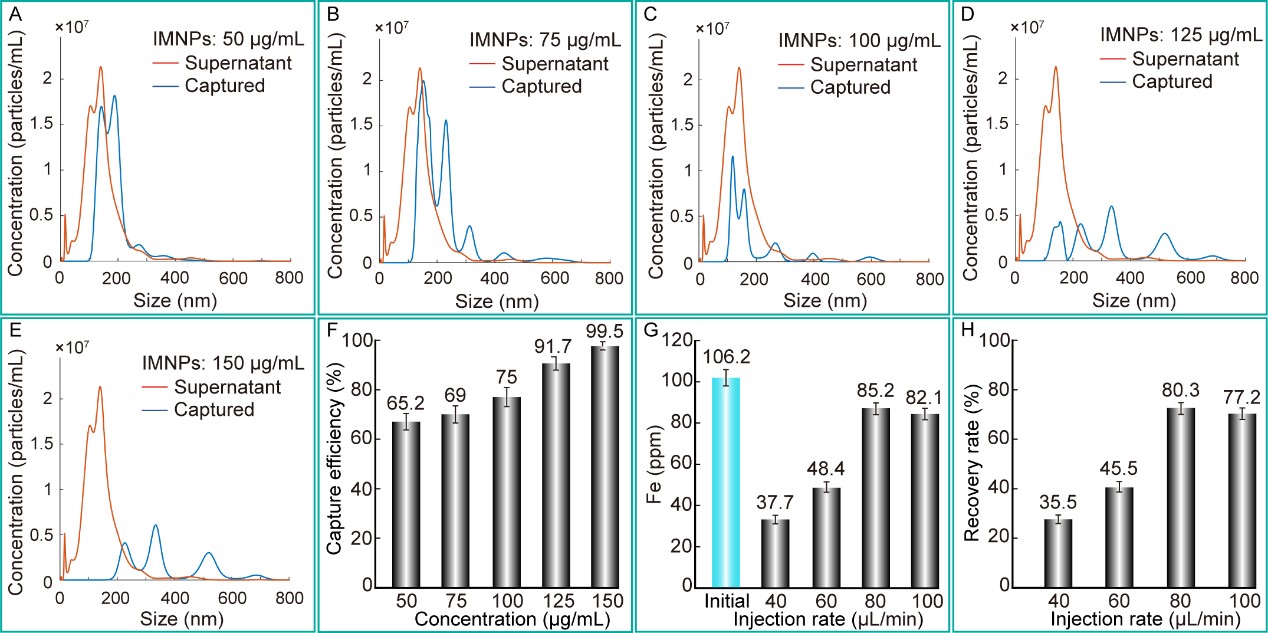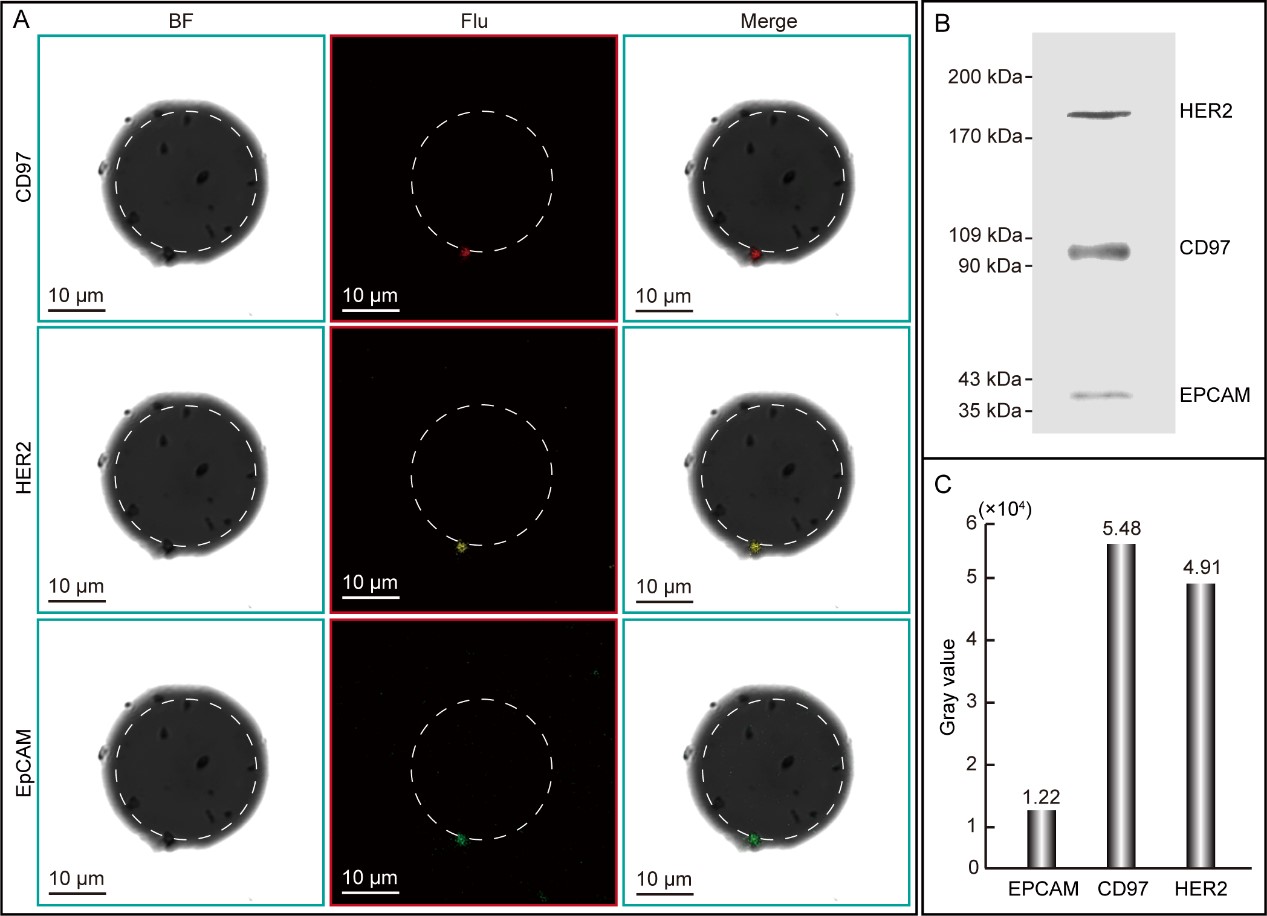- Home
- About Us
- Students
- Academics
-
Faculty
- Electrical Engineering
- Automation
- Computer Science & Engineering
- Electronic Engineering
- Instrument Science and Engineering
- Micro-Nano Electronics
- School of Software
- Academy of Information Technology and Electrical Engineering
- School of Cyber Security
- Electrical and Electronic Experimental Teaching Center
- Center for Advanced Electronic Materials and Devices
- Cooperative Medianet Innovation Center
- Alumni
-
Positions
-
Forum
News
- · Shanghai Jiao Tong University professors Lian Yong and Wang Guoxing's team have made remarkable progress in the field of high-efficiency pulse neural network accelerator chips.
- · AI + Urban Science research by AI Institute was selected as cover story in Nature Computational Science!
- · The first time in Asia! IPADS's Microkernel Operating System Research Wins the Best Paper Award at SOSP 2023
- · Delegation from the Institution of Engineering and Technology Visits the School of Electronic Information and Electrical Engineering for Journal Collaboration
- · Associate professor Liangjun Lu and research fellow Jiangbing Du from Shanghai Jiao Tong University made important advancements on large capacity and low power consumption data transmission
Professor Di Chen and Professor Zhigang Wang research teams of SJTU published extraordinary research results of separation and detection technology of gastric cancer cell-derived exosomes based on an innovative microfluidic chip
Recently, Professor Di Chen and Professor Zhigang Wang’s research team jointly published a highly impactful paper “ExoSD chips for high-purity immunomagnetic separation and high-sensitivity detection of gastric cancer cell-derived exosomes” in the Biosensors and Bioelectronics (IF: 10.618), which is an internationally renowned journal dedicated to the research, design, development and application of biosensors and bioelectronics. It is also an interdisciplinary journal serving professionals who are interested in biosensors and bioelectronics used in innovative diagnostics and electronic devices.

Gastric cancer cell-derived exosomes as biomarkers have an extremely important application potential to the non-invasive detection of early-stage gastric cancer. However, the small size of exosomes (30–150 nm) results in huge challenges in separating and detecting them from complex media (e.g., plasma, urine, saliva, and cell culture supernatant). A highly integrated exosome separation and detection (ExoSD) chip is proposed by teams of Professor Chen and Professor Wang for immunomagnetic separation of exosomes from cell culture supernatant in a manner of continuous flow, leading to immunofluorescence detection of gastric cancer cell-derived exosomes with high sensitivity. The proposed ExoSD chip has been successfully microfabricated, demonstrating as a cutting-edge platform for exosome separation and detection. It can be served as a versatile platform to be adapted to the applications of separation and detection of other cell type-derived exosomes or cells.
The ExoSD chip has achieved a high exosome recovery rate (>80%) and purity rate (>83%) at an injection speed of 80 μL/min.

Furthermore, experimental results based on clinical serum samples of patients with gastric cancer (stages I and II) showed that the detection rate of ExoSD chips reached as high as 70%.

Master student Zixian Yu and Assistant Researcher Dr. Shujing Lin are major contributors of this paper. The corresponding authors are Professor Di Chen, Assistant Researcher Dr. Shujing Lin and Professor Zhigang Wang.
For more details, please refer to https://doi.org/10.1016/j.bios.2021.113594
-
Students
-
Faculty/Staff
-
Alumni
-
Vistors
-
Quick Links
